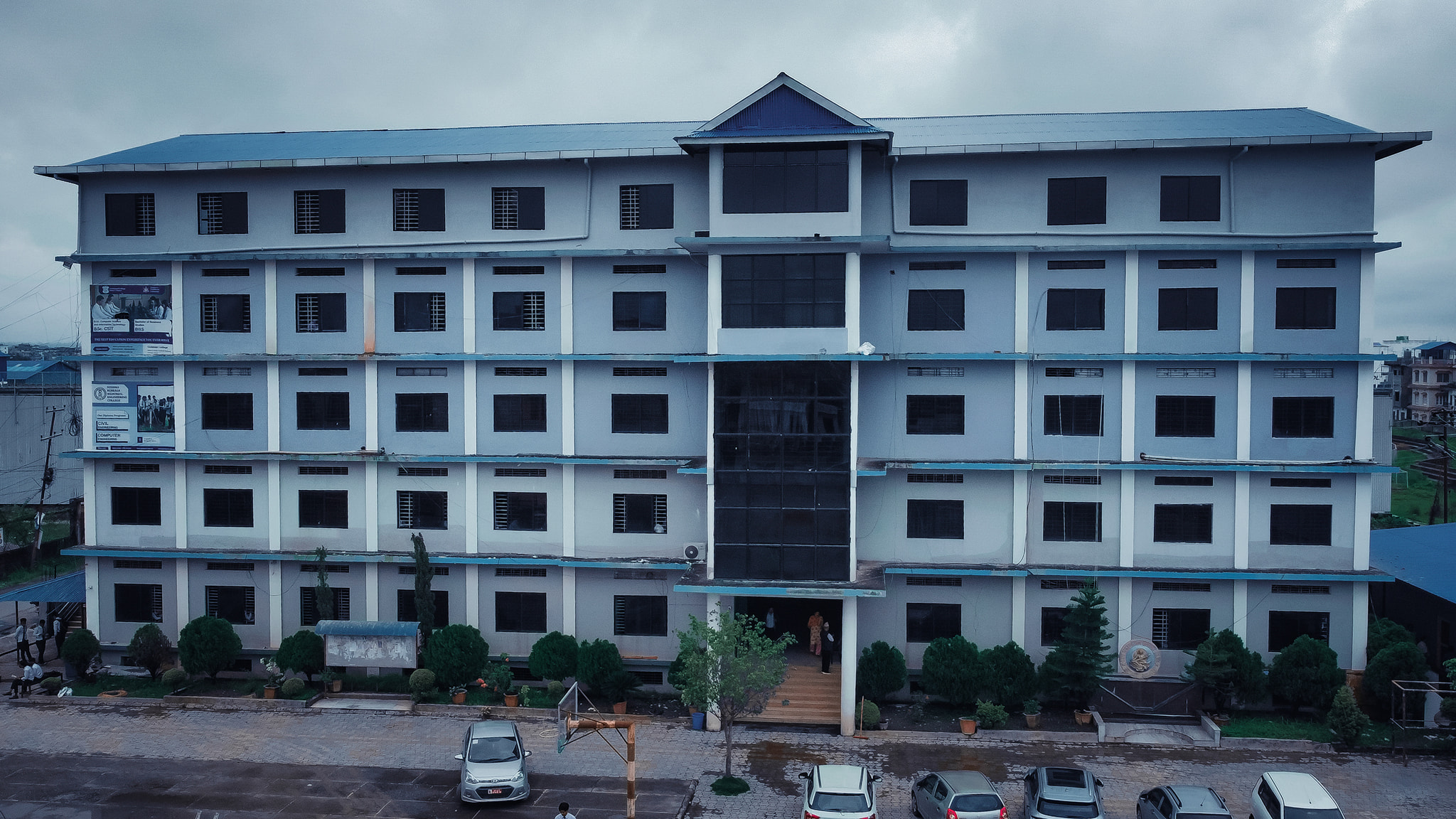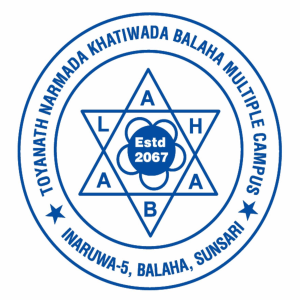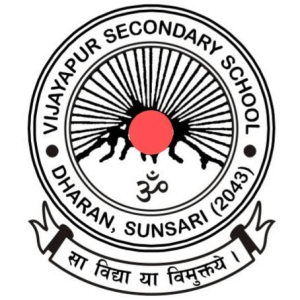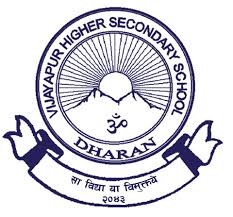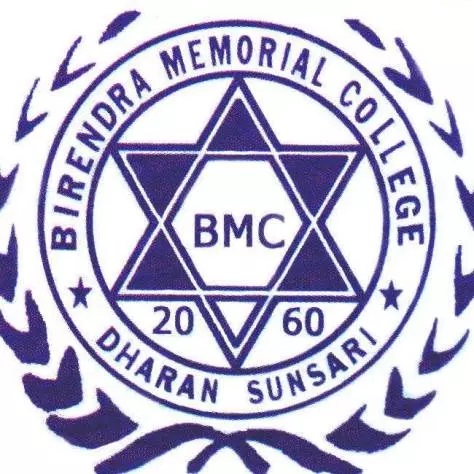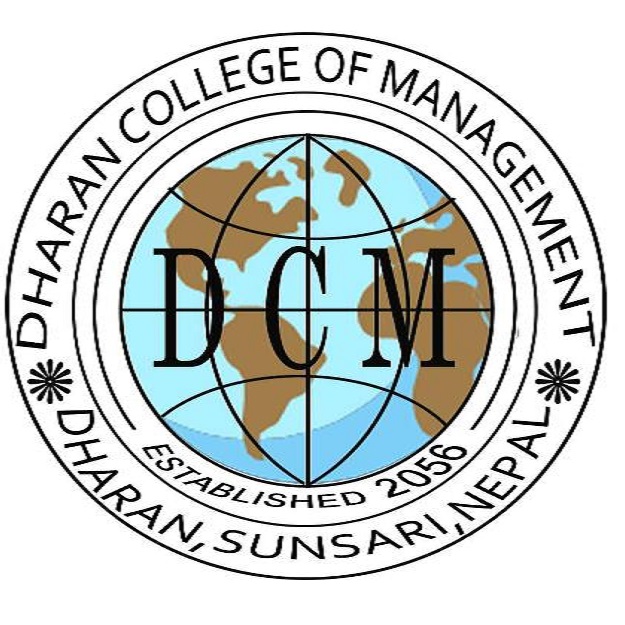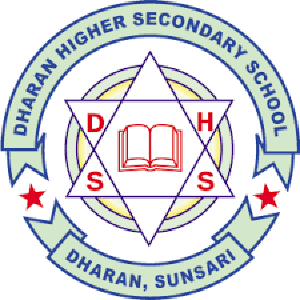Overview
Sushma Godawari College (Godawari College) is a multi-disciplinary institution in Itahari, Sunsari, Nepal. The college runs Tribhuvan University (TU) bachelor’s programs in BSc CSIT and BBS, Rajarshi Janak University (RJU) programs in BBA, BCA, and MBA, a BSW program in affiliation with Kathmandu University (KU), NEB +2 streams, and CTEVT diplomas through its technical wing within the Peace Foundation network.
Quick Highlights
-
Location: Itahari, Sunsari, Nepal
-
Established: 1993 AD (2049 BS)
-
Network/Operator: Peace Foundation (with secondary and technical institutions in the same network)
-
Affiliations: Tribhuvan University (TU), Rajarshi Janak University (RJU), Kathmandu University (KU), National Examinations Board (NEB), Council for Technical Education and Vocational Training (CTEVT)
-
Admission Windows: As announced by the respective universities/boards and the college office
-
Learning Focus: Classroom teaching supported by labs, field exposure, projects, and short skills sessions
-
Intended Audience: Nepal and global readers seeking verified, non-promotional information
Academic Programs Offered
NEB (+2)
-
Ten Plus Two (+2) Science — NEB
-
Ten Plus Two (+2) Management — NEB
-
Ten Plus Two (+2) Hotel Management — NEB
CTEVT Diplomas
-
Diploma in Civil Engineering — 48 seats — CTEVT
-
Diploma in Computer Engineering — 48 seats — CTEVT
Tribhuvan University (TU)
-
BSc Computer Science and Information Technology (BSc CSIT) — 36 seats — TU
-
Bachelor of Business Studies (BBS) — 80 seats — TU
Kathmandu University (KU)
-
Bachelor of Social Work (BSW) — 30 seats — KU
Rajarshi Janak University (RJU)
-
Bachelor of Computer Applications (BCA) — 40 seats — RJU
-
Bachelor of Business Administration (BBA) — 40 seats — RJU
-
Master of Business Administration (MBA) — 30 seats — RJU
Note: Applicants should follow the current year’s notice for dates, eligibility, and any seat adjustments mandated by the affiliating bodies.
Admission Process
NEB (+2) Streams
-
Eligibility: SEE or equivalent as per NEB rules; stream-specific criteria apply for Science and Hotel Management.
-
Process: Form submission at the college desk within the announced dates; short counseling/orientation; section allocation after internal review.
-
Documents: SEE marksheet/grade sheet, character certificate, photographs, and citizenship/birth certificate (as applicable).
CTEVT Diplomas (Civil/Computer)
-
Eligibility: As prescribed by CTEVT for 3-year diplomas.
-
Process: Application during CTEVT/college call; merit order/entrance (if applicable) and quota categories per CTEVT guidelines.
-
Documents: Academic credentials, photographs, and ID; reserved-category papers where relevant.
BSc CSIT (TU)
-
Eligibility: +2 Science or equivalent (with the required subjects and minimum marks set by TU).
-
Entrance: TU/IOST entrance is mandatory; placement follows merit order.
-
Process: Submit the college form after clearing the TU entrance; confirm seat within the deadline; complete registration at the program desk.
BBS (TU)
-
Eligibility: +2 or equivalent with minimum marks as per TU Faculty of Management.
-
Process: College form submission, verification, and timely enrollment; orientation as scheduled by the department.
BCA and BBA (RJU)
-
Eligibility: +2 or equivalent with minimum marks prescribed by RJU; English and Mathematics/Computer background preferred for BCA.
-
Selection: University/college notice may include entrance or interview; final list posted at the college.
-
Process: Apply during the published window; attend orientation/bridge sessions before semester start.
MBA (RJU)
-
Eligibility: Bachelor’s degree in any stream with minimum GPA/percentage set by RJU.
-
Selection: University/college entrance, group interaction, and interview (as announced).
-
Process: Submit the application, attend the selection steps, and complete registration on selection.
BSW (KU)
-
Eligibility: +2 or equivalent with minimum marks as per KU.
-
Process: Timed call for applications, document check, and orientation on course structure and fieldwork/placement norms.
Advisory: All applicants should keep digital and hard copies of academic documents, ID, and photographs ready. Intake calendars can shift with university schedules; monitor the notice board and the college desk for the latest dates.
Teaching Faculty and Learning Methodology
-
Faculty composition: Full-time and visiting teachers with experience in their fields. Departments conduct course planning aligned with the affiliating university’s syllabus and assessment pattern.
-
Delivery model: Lecture blocks supported by lab work (CSIT, CTEVT, BCA), case/problem sessions (BBS, BBA, MBA, BSW), and project/report requirements embedded across semesters.
-
Support to learners: Short workshops on report writing, basic research practice, presentation skills, spreadsheet tools, programming fundamentals, and domain-specific topics.
-
Assessment literacy: Pre-exam briefings on university modalities (internal evaluation, practicals, viva, term exams) so students understand grading weightage and timelines.
Infrastructure and Learning Facilities
-
Academic spaces: Standard classrooms with projection facilities; departmental rooms for advising and academic coordination.
-
Laboratories: Computer labs for CSIT, BCA, and CTEVT Computer; labs for surveying, drawing, and materials testing in CTEVT Civil.
-
Library and e-resources: Print collections in core subjects, past papers, reference titles, and limited access to digital resources; reading seats for silent study.
-
Connectivity: Campus internet for coursework, code repositories, literature searches, and LMS/portal access where applicable.
-
Student services: Program desks for admissions and examination forms, ID card cell, and help counters during peak cycles.
Student Life and Campus Experience
-
Academic calendar: Orientation weeks, mid-term checkpoints, practical assessments, and pre-board/internal tests run through the semesters.
-
Clubs and circles: Coding circle, entrepreneurship group, management forum, social-work field cell, and subject-specific study groups that run peer sessions before exams.
-
Field exposure: Industry visits for management, software/project showcases for CSIT/BCA, site/field assignments for CTEVT Civil, and community placements for BSW.
-
Events: Inter-faculty presentations, exhibition days, welcome and farewell programs, and small research/poster sessions managed by departments.
Extracurricular Activities (ECA)
-
Academic ECA: Hack-nights or code sprints, analytics mini-projects, case challenges, debate rounds, and book discussions.
-
Sports and culture: Indoor games, football/cricket practice on shared grounds, and cultural days tied to the academic calendar.
-
Community engagement: Clean-up drives, health awareness sessions, outreach in nearby wards, and social-work practicums aligned with BSW requirements.
Scholarships and Financial Support
-
Merit awards: Partial fee waivers at entry based on entrance/aggregate scores where rules allow.
-
Need-based support: Limited assistance for students who meet income criteria; documentation required during verification.
-
CTEVT quotas: Reserved categories and scholarship provisions follow CTEVT norms in Civil and Computer diplomas.
-
Continuity rules: Most waivers require steady attendance and exam performance; departments brief students on renewal conditions each term.
Achievements and Institutional Milestones
-
Longevity: Active since 2049 BS with steady program additions in general management, computing, social work, and technical diplomas.
-
Vertical pathways: +2 routes into bachelor’s programs; bachelor’s to MBA; diploma holders progressing into technical roles or lateral study paths.
-
Activity record: Regular admission notices, entrance support sessions, internal assessments, and public exhibitions that showcase student work.
-
Regional role: The mix of TU, RJU, KU, NEB, and CTEVT affiliations supports learners from Sunsari and adjoining districts who prefer Itahari as a study hub.
Why Choose This College?
-
Structured learning: Lab-supported coursework in computing and engineering; case/problem work in management; field practice in social work.
-
Transition support: Orientation, advising, and exam-form assistance reduce procedural hurdles across the year.
-
Location and access: Itahari’s transport links help daily commuters while still serving students who prefer to live near campus.
-
Network advantage: Technical, secondary, and higher-education units under one umbrella simplify progression and document handling.
Conclusion
Sushma Godawari College offers multiple entry points for learners aiming at computing, management, social work, or technical careers. For the current intake, follow the college notice board for application dates, entrance requirements, fee schedules, and scholarship windows. Carry originals and copies of your documents, and confirm deadlines early, especially for programs with fixed seat limits.
Contact Sushma Godawari College's administrative office for detailed information on the course, admissions, location, fees, scholarships, facilities, counseling or eligibility.
Contact Details
Sushma Godawari College
Email Address: info@godawari.edu.np
Phone Number: +977-9762353927, +977-9767377333
Website: https://godawari.edu.np
Location: Itahari, Sunsari, Nepal


